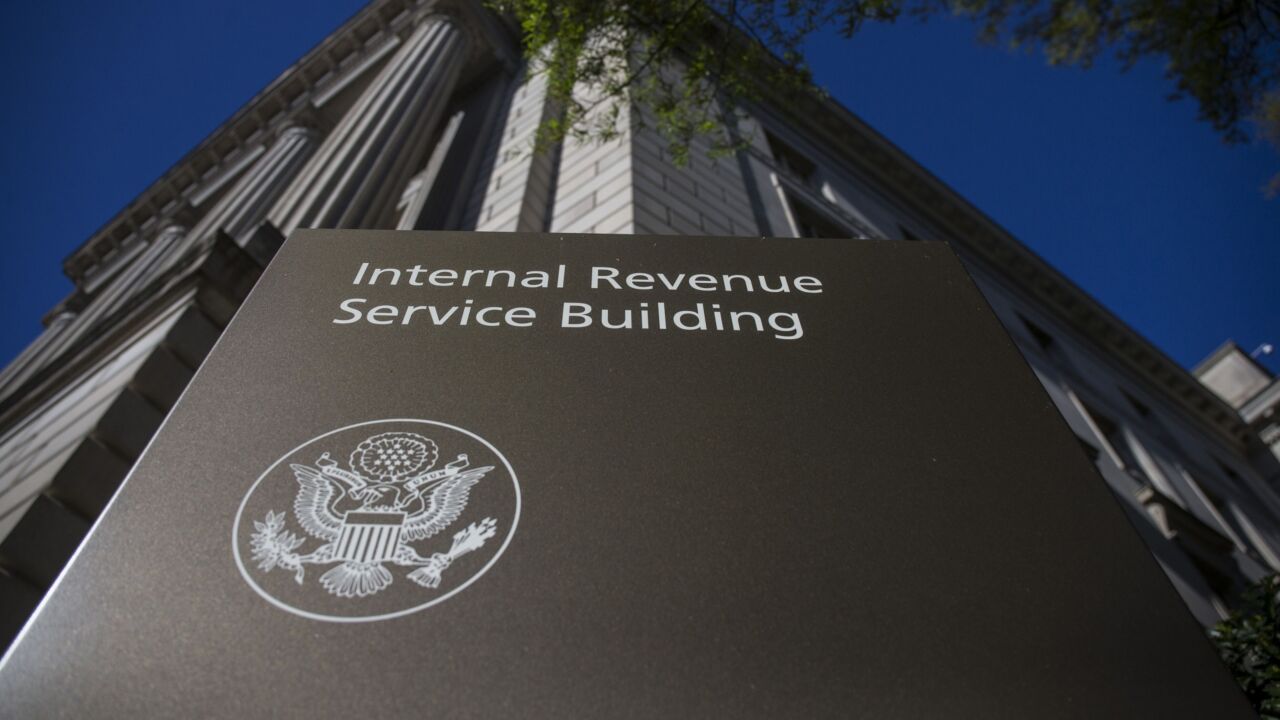More than two thirds of U.S. consumers are concerned about tax fraud and identity theft this year, according to a recent survey. Their fears are well-founded: More than one third reported having had their identity stolen in the past.
The burden of increased digitization of financial and general communication infrastructure is cybersecurity. While going paperless is faster, more efficient and more convenient for accountants, their clients, and everyone in between, security must remain a central consideration as firms go electronic. The IRS has issued several alerts about tax scams warning of a 400 percent surge in phishing and malware incidents this tax season, including a surge in W-2 phishing and TurboTax hacking attacks.
The survey showed that 37 percent of taxpayers now file and share their tax information online or through a mobile app. Thirty-two percent deliver tax information in person, which is the safest method, and 11 percent filed or via traditional mail.

Baby Boomers are the most worried about identity theft, with 70 percent of respondents in that age group expressing concern. Sixty percent of Generation X respondents were concerned, while Millenials showed the least concern at 55 percent. Ironically, Baby Boomers file their taxes the “safe” way via mail at double the rate of Millennials (15 percent to their 8).
The survey was conducted by The Hartford Steam Boiler Inspection and Insurance Company, part of Munich Re, a data and information security risk insurer. There were 1,013 U.S. adult respondents who were contacted by landline and cell phone from March 9-12, 2017.
According to Eric Cernak, U.S. cyber and privacy risk practice leader for Munich Re, the risk of identity theft and fraud increases for Americans who file close to the April deadline.
“Tax fraud is a leading cause of the identity theft insurance claims that we receive,” Cernak added. “As more consumers file their taxes online, they should update security protections on computers, Wi-Fi networks and connected devices.”





